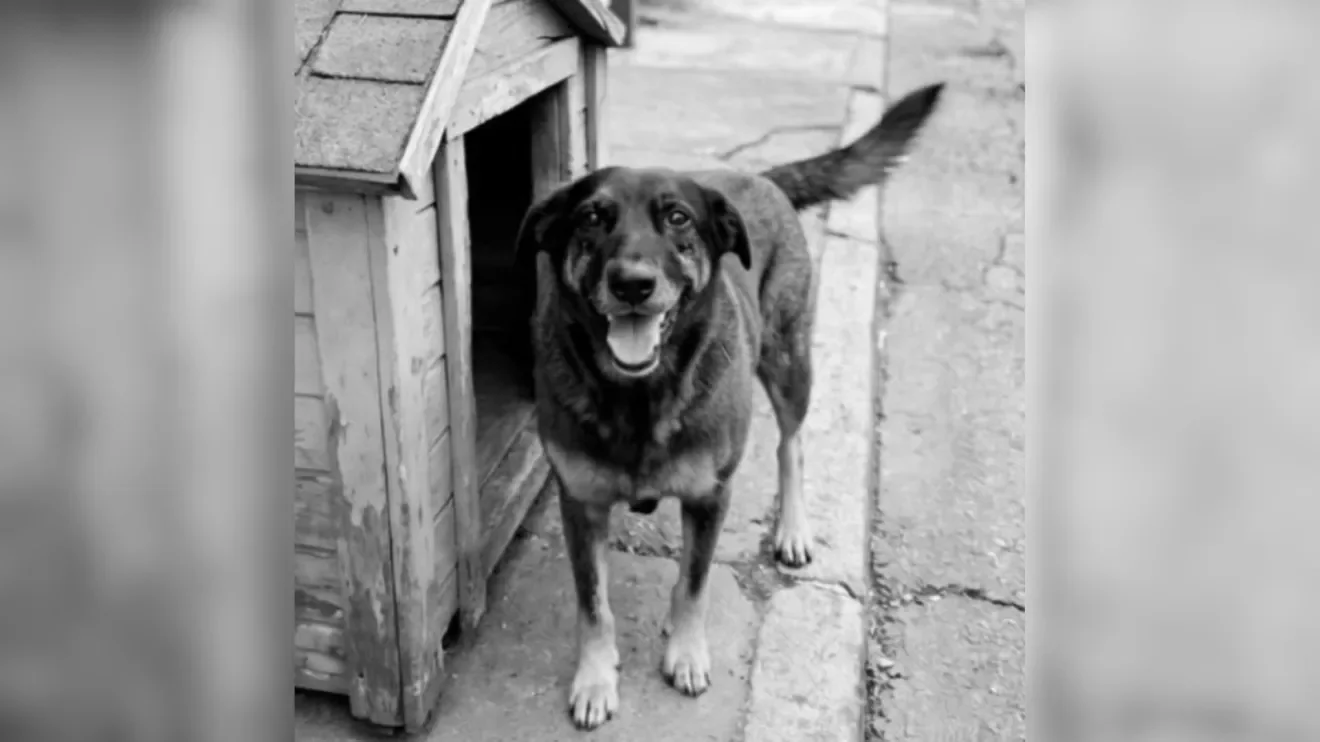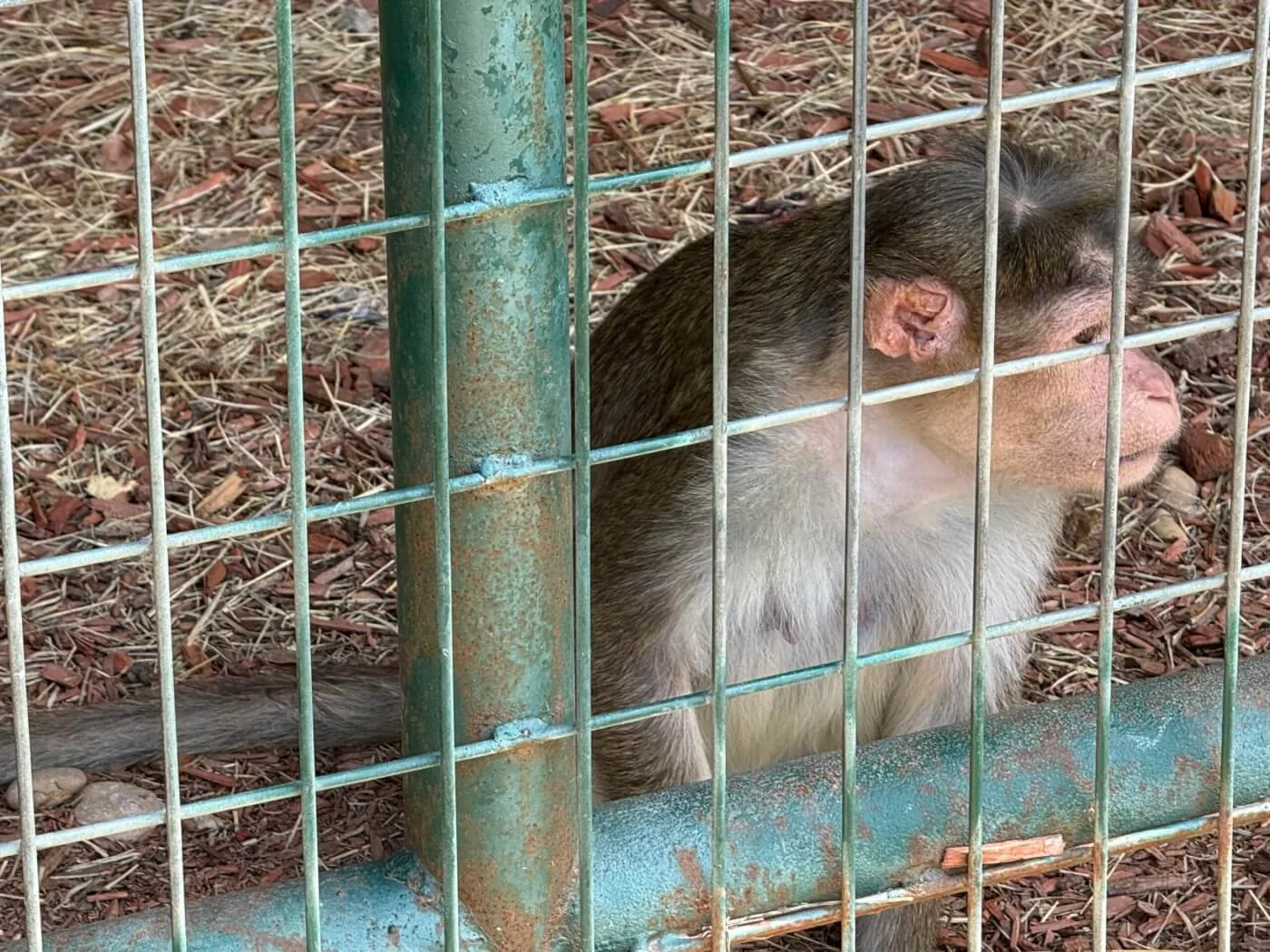Morocco’s new animal welfare law under fire as mass dog killings continue
Campaigners say new legislation is meaningless without an immediate end to the daily mass killing of stray animals in preparation for the 2030 FIFA World Cup.
Morocco’s newly proposed animal welfare law must bring an immediate end to the country’s dog culling in advance of the 2030 FIFA World Cup or risk being dismissed as a superficial gesture, warn campaigners.
The Moroccan government’s General Secretariat is reviewing a draft law on the “protection of animals and the prevention of their dangers.” They claim the new law will “strike a balance” between public safety and animal welfare.
However, the International Animal Welfare Protection Coalition (IAWPC) warns that without concrete measures to end the daily killing of dogs, the legislation will be meaningless.
The draft, which is nearing completion, will soon enter the legislative process, according to Mohamed Roudani, head of the sanitation and green spaces department at the General Directorate of Local Authorities.
Morocco’s ongoing mass slaughter of thousands of street animals to “clean up” its streets ahead of its role as co-host of the 2030 FIFA World Cup has drawn growing international outrage in recent months, coinciding with its successful bid to host the event.
“The government claims this new law will strike a balance between protecting people and protecting dogs — but this is not ‘balance.’ This is elimination,” Latifa, an animal advocate based in Oujda, who declined to share her last name, told IAWPC.
According to witnesses and leaked footage, efforts to remove an estimated three million stray animals have involved dogs being hunted, seized with metal clamps, and thrown onto trucks on top of other animals. The captured animals were reportedly taken to facilities where they were killed using inhumane methods, including being beaten to death.
Additional reports allege that armed gunmen have roamed streets shooting animals, leaving those not killed instantly to bleed out. Many of the dogs are said to have been dumped into mass graves, in some cases while still conscious.
Credit: International Animal Welfare Protection Coalition
The IAWPC, a coalition of 26 animal welfare organizations worldwide including the PETA, Dogs Trust, and Species Unite estimates that up to three million dogs could be slaughtered before the tournament starts.
“These killings are taking place every single day, in full view of children, tourists, and local communities,” said Les Ward MBE, Chairman of the IAWPC. “It is relentless, merciless and utterly inhumane. Since the IAWPC campaign began, it has become clear to us and everyone else, that we are dealing with a slippery and untrustworthy government. They make claims that have no basis in reality, including that the killing has ended, when every Moroccan knows it is happening every single day.”
In June, Morocco’s Administrative Court in Rabat found the Ministry of the Interior symbolically responsible for the widespread killing of stray dogs and cats. The case, brought by a coalition of Moroccan animal protection groups, accused the government of mass round-ups, shootings, and poisonings of dogs in the lead-up to the 2030 World Cup. While the court declined to award the symbolic one dirham in damages sought to underscore the moral, not financial, nature of the case, campaigners saw the ruling as an important legal and moral precedent that could pave the way for stronger protections for street animals.
But despite the ruling and the upcoming law, new footage posted to the official Facebook page of Oujda’s mayor reveals a new government-run Trap, Neuter, Vaccinate and Release (TNVR) animal facility under construction, containing concrete cells, a chemical-filled “animal disposal pit,” and no signs of adoption programs, sterilization efforts, or public education.
“All Moroccan animal advocates know there’s likely no escape from a facility like this,” said Akrame Elouardi, who shared the video.
Local media is reporting on plans to build 130 of these TNVR facilities across Morocco. However, animal welfare groups claims the centres are more than likely to be used as mass killing hubs, designed to eliminate free-roaming dogs ahead of the 2030 FIFA World Cup.
“It’s very clear. These ‘centres’ are killing stations,” said Debbie Wilson, spokesperson for IAWPC. “This has nothing to do with an effective program of TNVR — trap, neuter, vaccinate, release. This is a ‘fill and kill’ facility, like many others across Morocco.”
Members of IAWPC are now calling for access to the facilities to assess animal welfare conditions and propose humane alternatives.
“Morocco has a choice,” said Ward. “Reject violence and stop the killing. Then together we can work and implement a world-class system that respects and saves lives. Or continue down the dark path that brutally takes lives, traumatises children, permits unfettered violent assaults on its citizens, brings world condemnation and at great cost to the country’s image and tourist industry.
“As can be seen in this current messed up world, violence should never be the solution. Humanity is and will always be the solution,” Ward added. “The animals, the children and people of Morocco deserve compassion, not cruelty.”
More than 67,000 people have signed letters to FIFA and Moroccan officials through campaigns launched by In Defense of Animals and Lady Freethinker, while nearly 16,000 Species Unite supporters have sent direct emails to FIFA’s Secretary General, Mattias Grafstrom, and the FIFA Ethics Committee, urging them to hold Morocco accountable for their ongoing mass slaughter of street dogs.
Demand real action to stop this slaughter by keeping the pressure on FIFA’s leadership. Send a direct email here.
We Have A Favor To Ask…
Species Unite amplifies well-researched solutions to some of the most abusive animal industries operating today.
At this crucial moment, with worldwide momentum for change building, it’s vital we share these animal-free solutions with the world - and we need your help.
We’re a nonprofit, and so to keep sharing these solutions, we’re relying on you - with your support, we can continue our essential work in growing a powerful community of animal advocates this year.





Species Unite examines recent federal actions that threaten longstanding wildlife protections and the future of the Endangered Species Act.